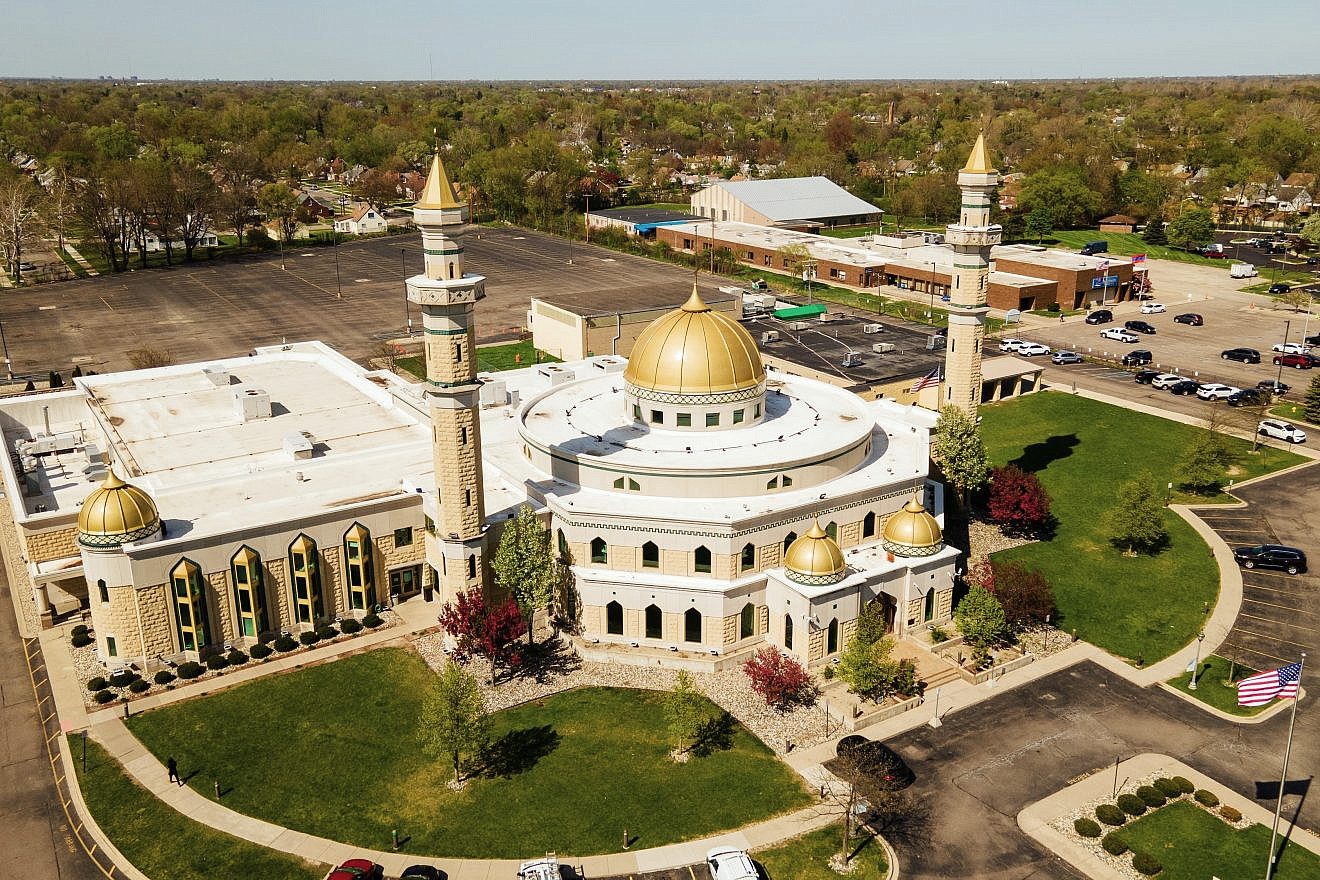In recent days, major Muslim organizations have been sounding the alarm about an apparent rise in Islamophobia, which they attribute to the Israel-Hamas war. Groups like the Council on American Islamic Relations (CAIR) say that complaints about Islamophobic incidents have skyrocketed and, according to a CAIR staff attorney, “Muslims were painted in a negative light regarding the war.”
These cries of Islamophobia demand serious examination. First, they are linked to CAIR, a group with a checkered record not only on antisemitism—the head of one chapter made a speech last year calling Zionists “the enemy”—but also on sexual harassment and grift within the organization.
There is also the broader context of the well-documented threat of Islamist terrorist activity.
In many cases, what various organizations insist is “Islamophobic rhetoric” is reasonable criticism of radical Islam and justified warnings of a growing jihadist threat throughout the West. Warnings of this threat are often dismissed as bigotry rather than faced head-on.
The imminent danger of radical Islam is perhaps clearest in Europe. The continent has faced myriad terror threats since Oct. 7, from pro-terrorist mass rallies to attempted attacks and even murders. In the immediate aftermath of the Hamas massacre, there were a number of violent incidents. For example, a man in northern France driven by Islamic radicalization stabbed a teacher and wounded three students on Oct. 13, 2023. On Oct. 16, 2023, a man inspired by ISIS gunned down three Swedes in Brussels. This prompted the executive director of Europol, Catherine de Bolle, to tell ABC News that Islamist terrorism is still the biggest terror threat in Western Europe.
Her words were prescient and not just for Western Europe. Recently, terrorists opened fire at a Moscow concert hall, killing over 60 people and injuring 145. ISIS-K claimed responsibility. Days later, news reports indicated that the French police had arrested an Egyptian national who was attempting to organize a terror attack on Notre Dame Cathedral. France has since arrested five other terror suspects linked to ISIS.
It is clear not just to observers but to European security officials as well that the continent has a major terror threat on its hands. The threat is amplified by but not limited to the hordes of Hamas apologists and supporters sweeping European streets.
The threat is rising in the U.S. as well. College campuses are full of pro-terrorist keffiyeh-clad students calling for “intifada revolution.” Protests in major American cities repeatedly call for genocidal violence. Recently, in New York, a massive crowd chanted “Strike, Strike Tel Aviv” and praised “our beloved Abu Obeida”—a leading Hamas terrorist.
Today, entire American cities are beating the drum for radical Islam. Foremost among them is Dearborn, Michigan, a Detroit suburb that made headlines almost immediately after Oct. 7 for celebrating the attack in marches, rallies and speeches from prominent local imams. The city’s enthusiasm for jihad and radical Islamism doesn’t stop with Hamas. In December 2023, a leading Dearborn mosque held a memorial service for a Hezbollah operative killed in an Israeli airstrike. In January of this year, a youth community center held a “Commemoration of the Martyrs” honoring two men who were on an American list of designated terrorists.
As in Europe, concerns about such communities and their links to terror are not confined to onlookers. They are shared by officials at the highest levels of the federal government. American counterterrorism officials have long been worried about support for terrorism in southern Michigan. A police assessment submitted to the Justice Department after 9/11 called Dearborn a “recruiting area and potential support base” for international terrorist organizations. It pointed out that most of the 28 organizations designated as terror groups by the State Department are represented in the area. Many current or former Dearborn residents have been convicted of terrorism-related crimes.
The anecdotes could go on endlessly, but the takeaway is clear: Asserting links between radical Islamic politics and domestic terror threats is not Islamophobic. It is a rational response to clear warning signs. Dismissing any criticism of extremism or pro-terror activities as Islamophobia does a disservice to the many Muslims who practice their religion peacefully and have no interest in joining bloodthirsty rallies or engaging in other radical activity.
It also overshadows the important efforts of people like Muslims in Iran who are bravely standing up to Islamic extremism and its relentless warmongering. They are further protesting the clerical government that severely limits the agency of women and girls.
The Islamophobia accusation overlooks the new and very important trends in some Muslim countries like Saudi Arabia, in which polls show overwhelming support for “moderate Islam.” In Turkey, the secular opposition just crushed the incumbent pro-Islamist government in local elections. Lumping any criticism of radical Islam into the “Islamophobia” category makes it more difficult to support these moderate Muslims, who desperately need such support on the global stage.
Moreover, the Islamophobia claim elides the “harmless” domestic activities that often lead to more dangerous threats when left unchecked and uninvestigated. As Wall Street Journal editor Matthew Hennessey wrote in a post-Oct. 7 editorial, “Many people fear becoming the victims of Islamic terrorism. They are afraid of being killed in their homes or their offices, on the street or at the theater. … I know a lot of people who are angry that [Oct. 7] happened. They have noticed that similar atrocities have been happening with frequency for decades. They hate that it never seems to stop.”
Clearly, being afraid of Islamist terror attacks is a logical response to a well-documented global pattern. Working to control and uproot the radical ideologies that fuel these atrocities is a legitimate response. Ignoring and invalidating these concerns with the cliched smear of bigotry does us all a disservice. Pretending these threats don’t exist only makes American communities less safe.


























